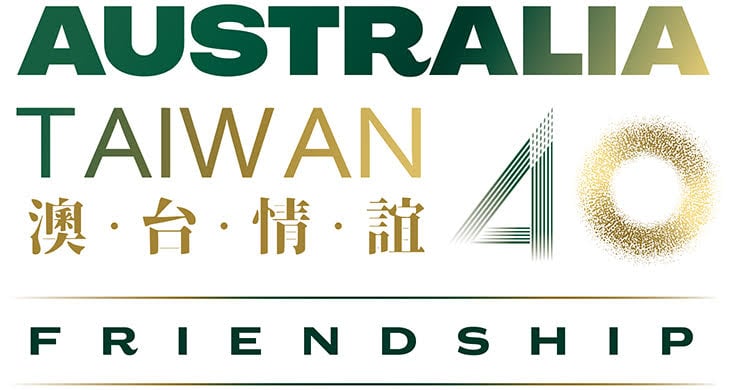
This week, ‘ 40Years, 40Stories’ proudly presents Christine Chen - the recipient of the 2015 Sydney Young Professional Engineer of the Year award from Engineers Australia and one of the ‘40 under 40, Women in Tech’ by Girls in Tech Taiwan in 2017. Christine shares her story of how she ended up studying electrical engineering and what it’s like to be a successful woman working in STEM. She also sees exciting opportunities for Australia and Taiwan to learn from one another in areas such as high-tech, engineering, transportation, as well as green and sustainable development. She shares her story:
I have fond childhood memories growing up in Sydney, Australia, and after moving back to Taiwan with my family, I had always wanted to go back at some point. The stars aligned when I received a scholarship to pursue my master’s degree at Sydney University, where Dr Godfrey Lucas, with whom I had wanted to do research, taught.
I’m glad that Australia fosters an environment where women are encouraged to study and pursue careers in Science, Technology, Engineering and Mathematics (STEM). There are increasingly more scholarships for women to study STEM, as well as incubators, venture capital firms and investors dedicated to supporting female entrepreneurs. There's a much higher representation of women in engineering schools today than when I studied more than 15 years ago. STEM is a great career choice for women: it's broad and diverse, intellectually stimulating, offers great flexibility and career pathways, and usually has a good work-life balance.
Both Australia and Taiwan have a lot to offer in the field of engineering and technology. Taiwan is world-renowned for its semiconductor, ICT, manufacturing and digital tech industries. Taiwan invests a lot in these areas, including government support, higher education funding and industry collaboration. I did my first 3 years of uni at Chiao Tung University in Taiwan, known in Asia for its engineering prestige, and it was not uncommon to see alumni, who work in Taiwan's famous Science Park, on campus giving talks, seminars, and partnering with the university on research projects. I’m grateful that I had the opportunity to be exposed to that environment as someone who aspired to become an engineer. Taiwan also takes innovation very seriously and invests heavily in that space. As a result, engineering and tech are considered among the most prestigious professions in Taiwan. It means some of the brightest minds in Taiwan are working in tech and engineering, which has resulted in its strong tech and semiconductor industries. I think that had I not spent my teenage years in Taiwan, I probably wouldn't have chosen electrical engineering as a profession.
Australia's strengths are in infrastructure, defence, transportation, and its highly-regulated and safe critical industries. Unlike Taiwan, where electrical engineering and computer science are the disciplines of choice for someone who wants to study engineering, it's civil and structural engineering in Australia. It would be great to see even more collaboration and learnings shared between Australia and Taiwan.
I would love to see Australia invest more in the high-tech and digital technologies space, and to create a more vibrant start-up ecosystem. Australia has roughly the same population as Taiwan, but we are a predominantly English-speaking country and this gives us an advantage in accessing global markets, so we really should be able to do much more in that space. Likewise, Taiwan can learn from Australia in terms of engineering best practices in the highly-regulated and safe critical engineering and tech industries, as well as some newer disciplines around sustainability and human-centred design. Examples include sustainable buildings and green technologies, and human-centred urban planning.

